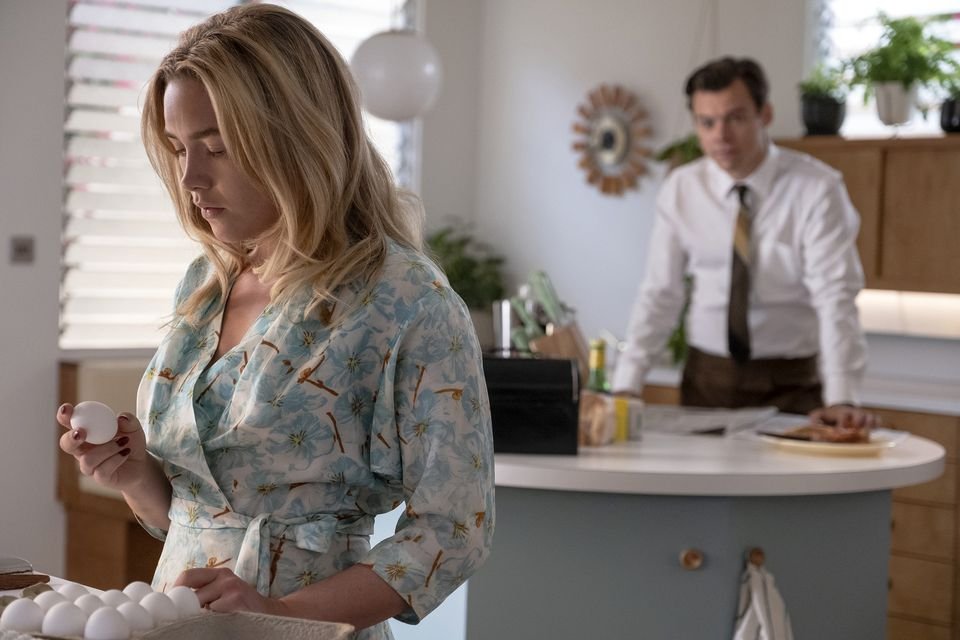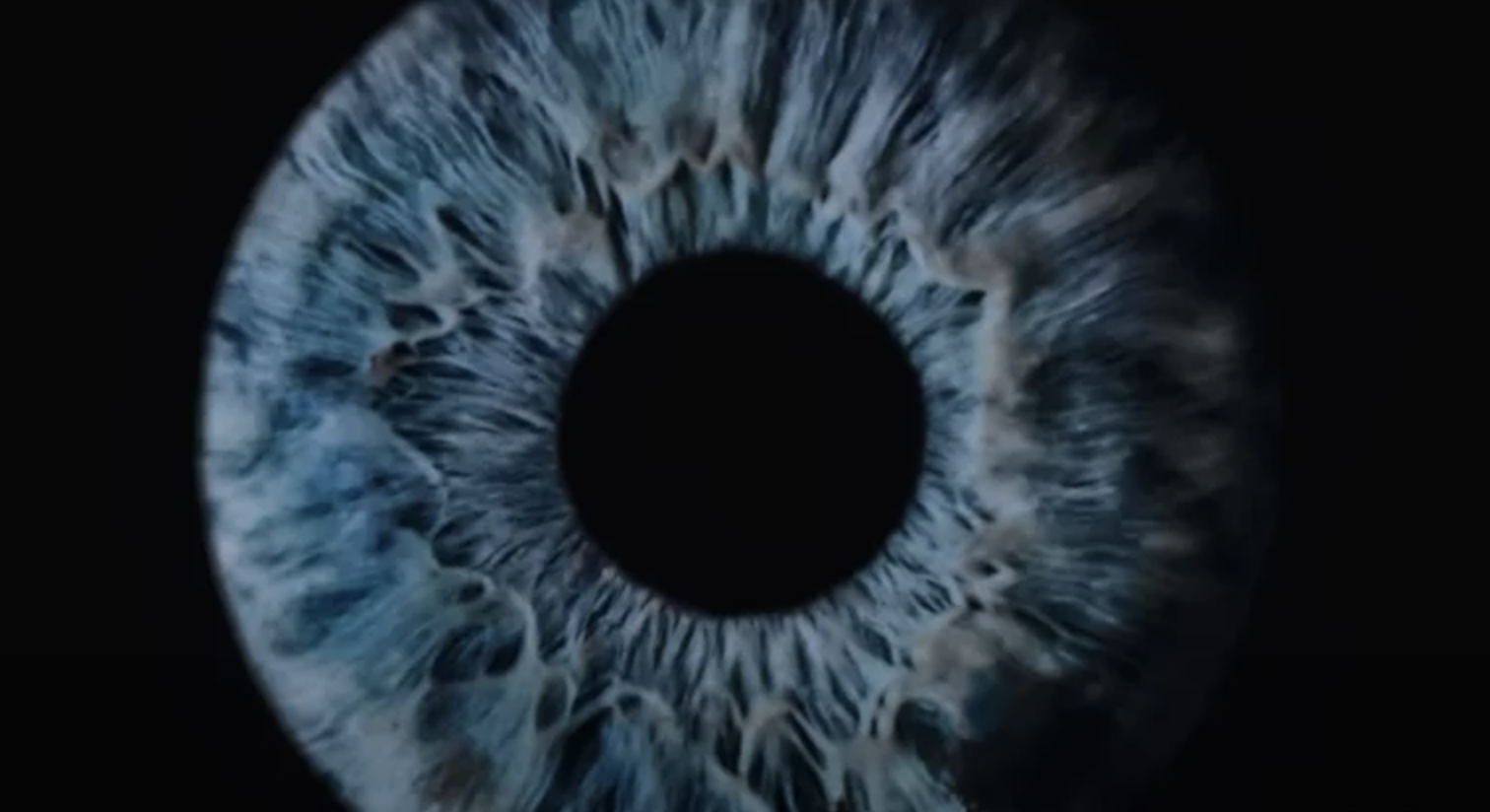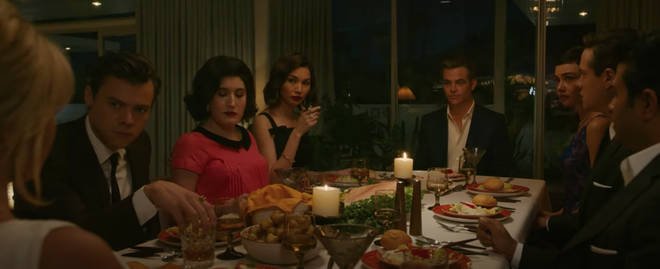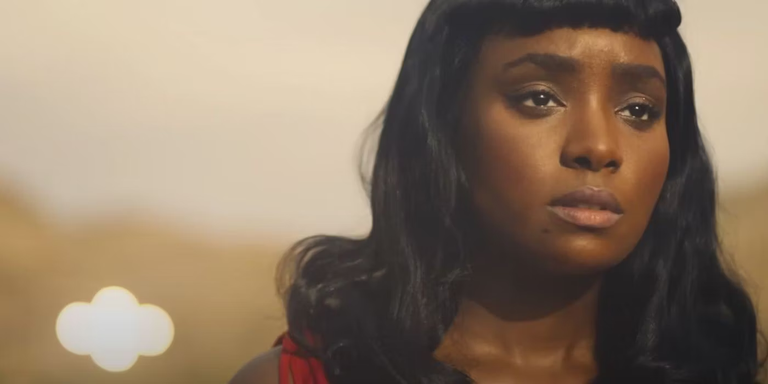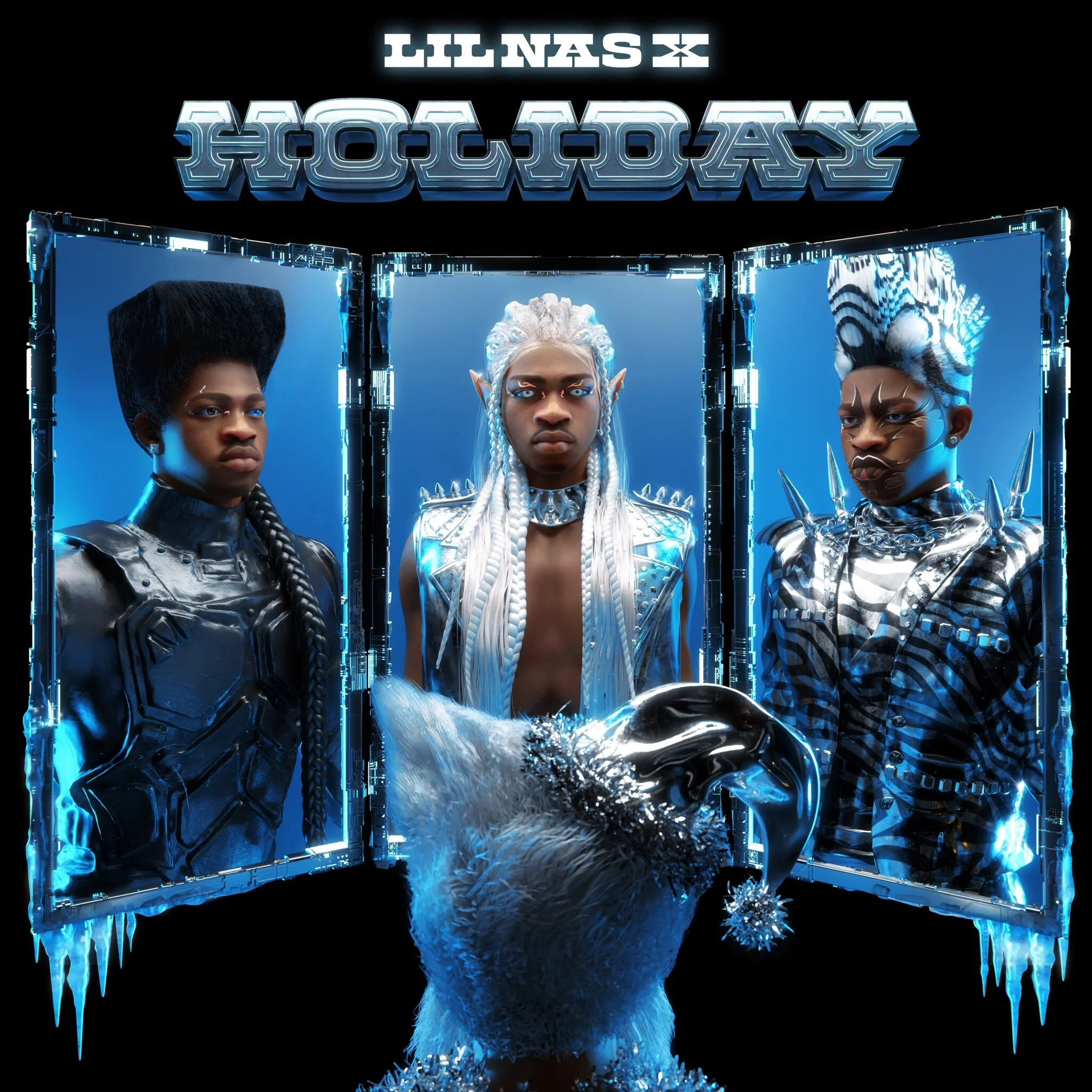An Honest Review of Don't Worry Darling
If you’ve been keeping up with pop culture moments in the past couple of weeks, you may have heard the drama surrounding the movie Don’t Worry Darling. There have been rumors of lead actress Florence Pugh falling out with director Olivia Wilde, not to mention Harry Styles spitting on Chris Pine? (Read a recap here). After much anticipation leading up to the movie, I can unfortunately say that the movie does not live up to the hype. It’s an aesthetic movie, but nothing more.
The film follows two lovebirds, Alice (Florence Pugh) and Jack (Harry Styles), living in an idyllic 1950s oasis called Victory. But Victory is no ordinary town – it is an experimental project led by grandiose businessman Frank (Chris Pine). While Alice and the other women in the town spend their days lounging by the pool and having the typical duties of a housewife, the men of the town are off working on Frank’s secret project. But what is his secret project, exactly? And why will no one dare to question him? As Alice begins to prod at her utopian life, she unearths cracks in her reality that she will never be able to repair.
Now, let me start off by saying that I’m a big psychological thriller fan. If it’s anything like The Sixth Sense, Black Mirror, or Us, count me in. But this movie left me more confused than thrilled. And really, it’s not a bad movie. But it’s not great, either.
My biggest criticism of the movie is that it left too many loose ends. Unfortunately, I think this is a product of Wilde, who is a relatively novice director, being a little too ambitious with the script. There were several obvious plot holes throughout the movie, and the ending was lazy. Wilde opted for one of those, “leave the audience thinking,” endings – sure, I was thinking. I was thinking of how bad of an ending that was. Those types of endings can be done well if they give the audience a fair understanding of where each character lands within the plot of the movie. Don’t Worry Darling’s ending did not do that at all. In fact, there was no understanding of what happened to most of the characters, and no understanding of where the plotline would have ended. Instead of pondering the film’s themes of technology and feminism, I was left wondering what in the world was up with the eggs in the movie? Are they supposed to be a metaphor for something? If so, what do they represent? Looking back on it, I’m not sure they were meant to mean anything.
Generally, it felt like Wilde was trying a little too hard to be a Jordan Peele movie. Dispersed throughout the film are aesthetic images and clips of women dancing and a close-up of the human iris, which is meant to evoke the mystery behind Alice’s subconscious and give the audience clues as to what is really going on in the town. The first few times it happened, it was great. I felt entranced, in awe, and excited to see how such images were going to connect with the overall story. However, the third, fourth, and fifth times these clips were shown, it lost its magic. It went from being an aesthetic and important device for the film to an annoyance, a motif that lost its touch. Cinematography should be about making every shot a conscious decision – every angle should be well thought-out, every focus on an object should be discussed and contemplated. Instead, this movie’s cinematography was the epitome of “no thoughts, just vibes.”
In terms of the acting, Harry Styles is fine. The issue is, he is opposite the wonderful Ms. Flo, who is a powerhouse in her field. The best scene is when she and Chris Pine’s character have a suspenseful verbal, psychological war at the dinner table. The actors themselves are able to keep up with each other and play off each other’s astounding interpretation of the script. I wish there had been more of this dynamic in the film.
Additionally, this movie did not add anything new to the psychological thriller repertoire. The setup is a classic: a woman lives in a beautiful town, but not everything is as it seems – you can see where the movie is heading. While initially intriguing and enthralling, the themes of the movie quickly become old, as you wish for the movie to get to the point (which, it never does, or at least the point itself is shallow and predictable).
For all its talk on being a progressive film, Don’t Worry Darling does not push the envelope. On certain topics, it is actually regressive. Wilde has advertised the movie as one about feminism, but all it communicated to me was that misogyny exists. Well, duh. Misogyny exists, and what else? While it felt like Wilde was trying to make a profound, thoughtful take on feminism, she added nothing novel to the conversation. The entire theme was surface-level and one-dimensional at best.
One of the dimensions it lacked was race. Race and feminism are inextricably linked, yet Wilde seemed to completely ignore this element in her film. In fact, she noticeably uses the Black martyr trope with Kiki Layne’s character, Margaret. Margaret, the only Black character (with dialogue and screen time, at least) in a very white town, is arguably the most important character in the film, as she introduces Alice to the idea that Victory is not what it seems. If not for her, the entire plotline is null. Kiki Layne even mentioned that many of her scenes were cut from the movie. Wilde merely uses Margaret as a plot device for Alice to begin her own white feminist journey, and then tosses her aside once she serves her purpose. The same was done to Gemma Chan’s character, Shelley, who is Frank’s wife. We witness a major plot twist about her at the end that is jarring given that the audience had almost zero understanding of her character. Instead of building out Margaret’s and Shelley’s characters, the vain Wilde decides to include more of her own character’s scenes, who is entirely irrelevant to the plot.
Overall, I was disappointed because this movie had the potential to be much better. Instead, it got drowned out by Olivia Wilde’s drama and directing mistakes. If you’re bored, go see it. If not, don’t worry darling.
RATING: 3/5



